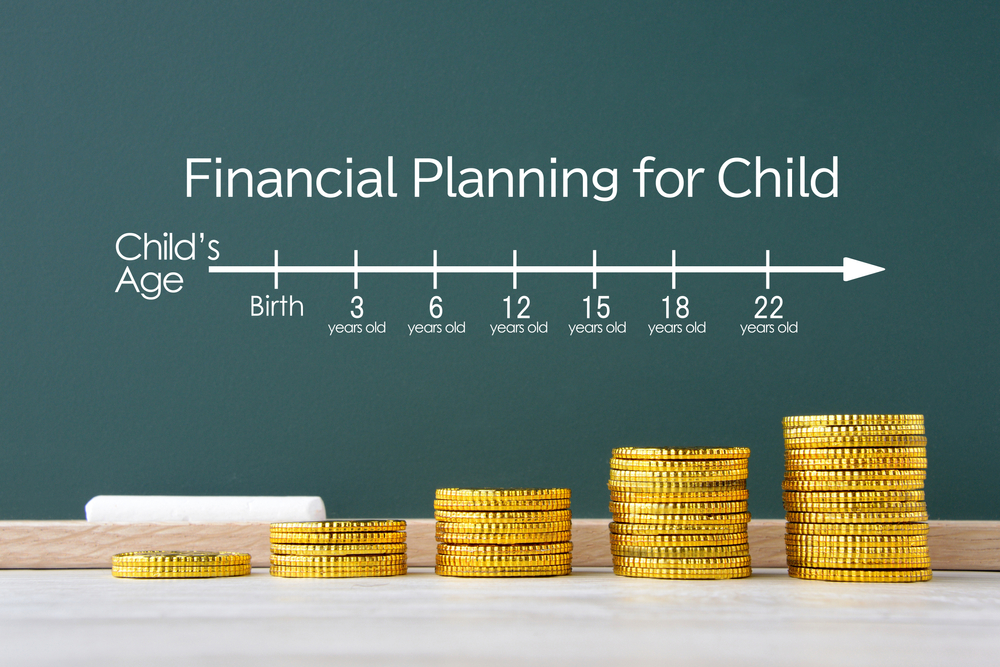Parents trust schools to educate and protect their children, but in many cases, modern school policies have quietly expanded beyond academics. Some of these rules, often introduced with good intentions, have begun to erode parental influence and decision-making power. From health matters to behavioral interventions, schools sometimes make choices that parents never agreed to—or even knew about. This growing tension between home and classroom authority leaves many families wondering where to draw the line. Here are seven school policies that may be undermining parental authority more than most parents realize.
1. Health Decisions Without Parental Notification
One of the most controversial school policies involves allowing certain health decisions to be made without parental involvement. Some schools now permit students to access mental health counseling, contraception, or even certain medical services during school hours without notifying parents. While these programs are often designed to protect student privacy, they can also create confusion or conflict at home. Parents who believe they should be part of these decisions feel left out of crucial conversations about their child’s well-being. Over time, these policies can erode the trust between families and schools.
2. Curriculum Choices That Limit Transparency
Many parents are discovering that curriculum transparency is not as clear-cut as they assumed. Some schools implement classroom materials, reading lists, or social learning programs without fully disclosing the content to families. When parents question what’s being taught, they may encounter vague responses or resistance. This lack of openness makes it harder for parents to align school lessons with their family’s values or beliefs. The result is growing frustration and mistrust toward school policies that seem to prioritize institutional agendas over parental input.
3. Restricting Parental Access to Student Records
Another area where school policies subtly undermine parental authority is access to student records. Some schools have tightened privacy rules to the point that even parents struggle to obtain details about grades, disciplinary actions, or counseling notes. While privacy protections are important, overregulation can prevent parents from effectively supporting their children. It creates a system where schools hold more control over information than families do. When parents are kept at arm’s length, collaboration becomes nearly impossible.
4. Behavioral Interventions Without Parental Approval
Behavior management programs have become a staple in many schools, but not all of them involve parents in the process. Some teachers or administrators use specific emotional regulation techniques, social contracts, or disciplinary alternatives without parental consent. These interventions may be well-meaning, but they can conflict with the discipline methods used at home. When children receive mixed messages about consequences or boundaries, it weakens both the authority of the school and that of parents. Parents should always be informed when behavioral strategies extend beyond standard classroom rules.
5. Policies on Gender Identity and Pronouns
Few school policies have sparked more debate in recent years than those related to gender identity and pronoun use. Some districts now allow students to adopt new names or pronouns at school without requiring parental notification. Supporters argue this protects student privacy, but critics say it sidelines parents from deeply personal matters involving their own children. These policies can cause emotional confusion and conflict within families. Regardless of personal beliefs, parents want to be part of such important conversations about their child’s identity.
6. Technology Use and Data Tracking
Technology has transformed education, but it’s also introduced new ways for school policies to bypass parental oversight. Many schools use digital learning platforms that collect data on student performance, behavior, and even browsing habits. Parents are often unaware of how much personal information is being stored or shared with third parties. This data collection raises serious privacy concerns, especially when parents have a limited ability to opt out. Without full transparency, digital learning can quietly shift control of information away from families and toward institutions.
7. After-School Programs That Replace Family Time
Even after the final bell, school policies can still influence how much control parents have over their children’s lives. Some schools encourage extensive after-school programs, late tutoring sessions, or weekend enrichment activities that leave little room for family time. While these programs are designed to boost academic performance, they often blur the line between school and home. Parents may feel pressured to participate or risk their child falling behind. Over time, this constant involvement in school activities can erode the family’s role as the child’s primary source of guidance and connection.
Reclaiming the Balance Between Home and School
Parents and schools are meant to be partners, not competitors, in a child’s development. Yet as more school policies expand into areas traditionally reserved for families, that balance is becoming harder to maintain. Reclaiming parental authority doesn’t mean rejecting schools—it means advocating for transparency, collaboration, and mutual respect. Parents can start by attending board meetings, reviewing district handbooks, and asking for clear communication about classroom decisions. When families are empowered to participate, schools become stronger partners in raising confident, well-rounded children.
Have you noticed school policies that seem to overstep parental boundaries? Share your experiences and thoughts in the comments below.
What to Read Next…
- 9 School Dress Code Rules That Are Now Considered Discriminatory
- Is Your Child’s School Quietly Tracking Their Location Without Your Consent?
- 8 School Rules That Should’ve Changed Decades Ago
- 5 Things Kids Are Saying at School That Should Worry You
- 9 Reasons The Principal Keeps Calling You To The School (And It Might Be Your Fault)









